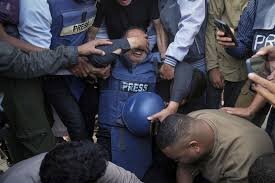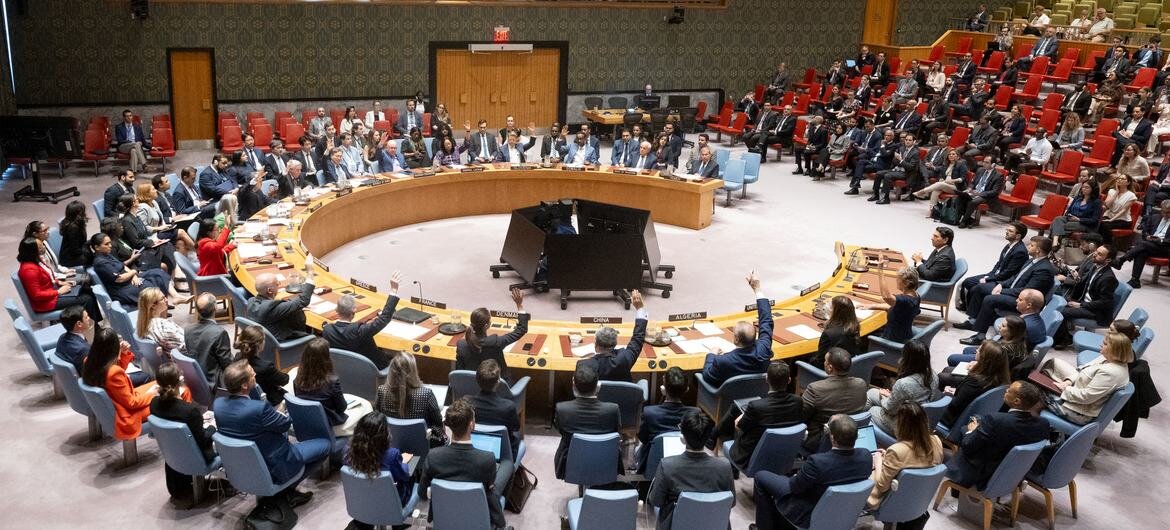
Similar Posts
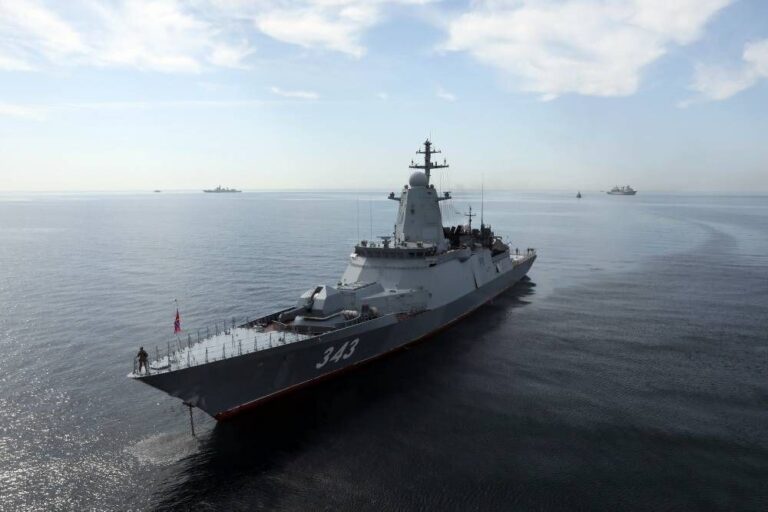
Russia and China Join Forces: Naval Drill Kicks Off in Iran with Spectacular Maritime Display (+VIDEO)
The Iran-China-Russia joint naval exercise begins Tuesday in the northern Indian Ocean, hosted by Iran. This collaborative effort involves combat and support vessels from the three nations, with the aim of enhancing regional maritime security and fostering multilateral cooperation. Participating forces include the Iranian Navy, Islamic Revolutionary Guard Corps Navy, and naval units from China and Russia, building on previous exercises in the area. The drills target maritime threats such as piracy and smuggling, while also improving military readiness and interoperability. This exercise reflects a strategic shift towards greater military cooperation among nations with shared interests in maritime security.

US Celebrates Win in Migrant Dispute with Colombia: A New Era of Cooperation
Colombia has agreed to accept deported migrants from the United States without delay, following a tense negotiation influenced by potential US tariffs on Colombian imports. The agreement was confirmed by the White House amid threats of a 25% tariff, which could escalate to 50%. Colombian President Gustavo Petro recently rejected US military aircraft transporting deported individuals, citing disrespect during the deportation process. This diplomatic resolution comes as President Trump enforces strict immigration policies, raising significant implications for US-Latin American relations. The situation underscores the complexities of immigration policy and the need for respect for human rights in these practices.
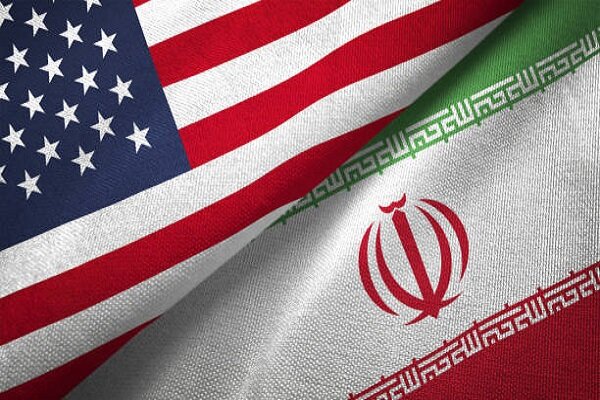
Indirect Talks Between Iran and US Set for Saturday, Sources Reveal
The United States and Iran are set to begin indirect diplomatic negotiations, potentially leading to direct talks later, contingent on initial outcomes. The U.S. favors direct engagement, while Iran insists on indirect discussions due to longstanding trust issues. Iranian President Masoud Pezeshkian highlighted the importance of maintaining dignity and national pride in negotiations, as emphasized by Ayatollah Khamenei. The talks will involve mediators, allowing both nations to navigate their complex historical relationship without immediate pressures. Analysts are closely watching these discussions, as their outcomes could significantly impact international relations, sanctions, and security dynamics in the Middle East.

UN Sounds Alarm: 14,000 Babies in Gaza at Risk of Death in Days
The United Nations has warned that thousands of babies in Gaza face imminent death due to severe food and medical shortages amid an ongoing blockade. Following an 11-week restriction, Israel has authorized a limited number of humanitarian trucks to enter Gaza, with only five trucks arriving recently. UN humanitarian chief Tom Fletcher highlighted the urgent need for aid, stating that without immediate intervention, 14,000 babies could die within 48 hours. The situation is described as “catastrophic,” with humanitarian organizations urging increased international support to prevent a looming disaster and ensure that vulnerable populations receive essential resources.
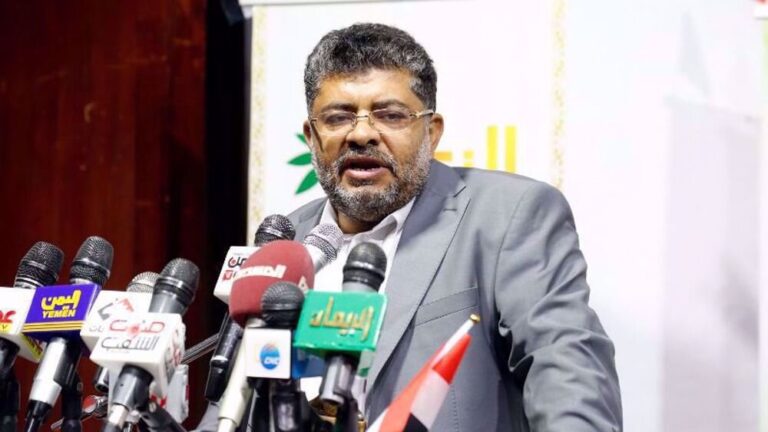
Escalating Ground Aggression in Yemen: A Prelude to Chaos and Conflict
In Yemen’s ongoing conflict, Mohammed Ali al-Houthi, a key figure in the Supreme Political Council, asserts the resilience of the Yemeni people against external aggression, particularly from the U.S. and the Saudi-led coalition. He claims that attempts at military intervention have failed and warns that any further operations will face fierce resistance. Al-Houthi emphasizes that continued aggression from foreign forces will only undermine their effectiveness in the region. His remarks highlight the Yemeni military’s determination to defend their territory and suggest that external pressures will likely lead to further conflict rather than resolution, underscoring the complexities of the situation.
